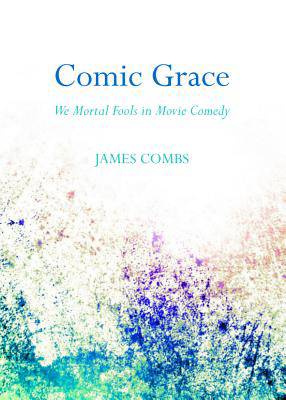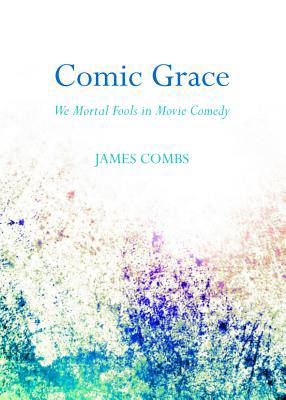
- Retrait gratuit dans votre magasin Club
- 7.000.000 titres dans notre catalogue
- Payer en toute sécurité
- Toujours un magasin près de chez vous
- Retrait gratuit dans votre magasin Club
- 7.000.0000 titres dans notre catalogue
- Payer en toute sécurité
- Toujours un magasin près de chez vous
Description
Comic Grace is Comb's third book on the movies for Cambridge Scholars Publishing. These books hardly form a trilogy, but they do express a pragmatic interest of the author; namely, the aspects of movies that we have not adequately studied. More specifically, the first, Movie Time, examines the inadequately understood temporal appearance of movies, in movies set in the past, the present, and the future, attempting to make sense of such questions as to why certain past periods still fascinate, how an emergent present is accompanied by cinematic treatment, and what kind of futures we like to speculate about by watching alternative futures on film. This temporal interest was complemented in the second book, Wit's End by examination of qualitative interest, discussing how and why certain movies come to be regarded and remembered by the movie culture as great and memorable. Even though there is obviously no unanimous agreement on which movies are canonical, there is enough consensus among those who study and value films for us to constitute inquiry into why some films are thought great. This third book in this sustained inquiry poses the question of not only why we think some movie comedies are great, but also what is unique and enduring in the legacy of comedy on film. The book looks at comedy with humane interest, entertaining the proposition that comedy may well be motion picture's greatest achievement. If so, then it behooves inquirers to understand what movie audiences enjoy and cherish about movie comedy, and what it is about the film medium that so adequately communicates the comedic across such vast audiences and why they never tire of certain kinds of comedy. These interests will inspire students of the remarkable medium of film to inquire further into not only these questions, but also others that they find interesting and illuminating about the film experience.
Spécifications
Parties prenantes
- Auteur(s) :
- Editeur:
Contenu
- Nombre de pages :
- 345
- Langue:
- Anglais
Caractéristiques
- EAN:
- 9781443849234
- Date de parution :
- 01-09-13
- Format:
- Livre relié
- Format numérique:
- Ongenaaid / garenloos gebonden
- Dimensions :
- 152 mm x 206 mm
- Poids :
- 589 g

Les avis
Nous publions uniquement les avis qui respectent les conditions requises. Consultez nos conditions pour les avis.






